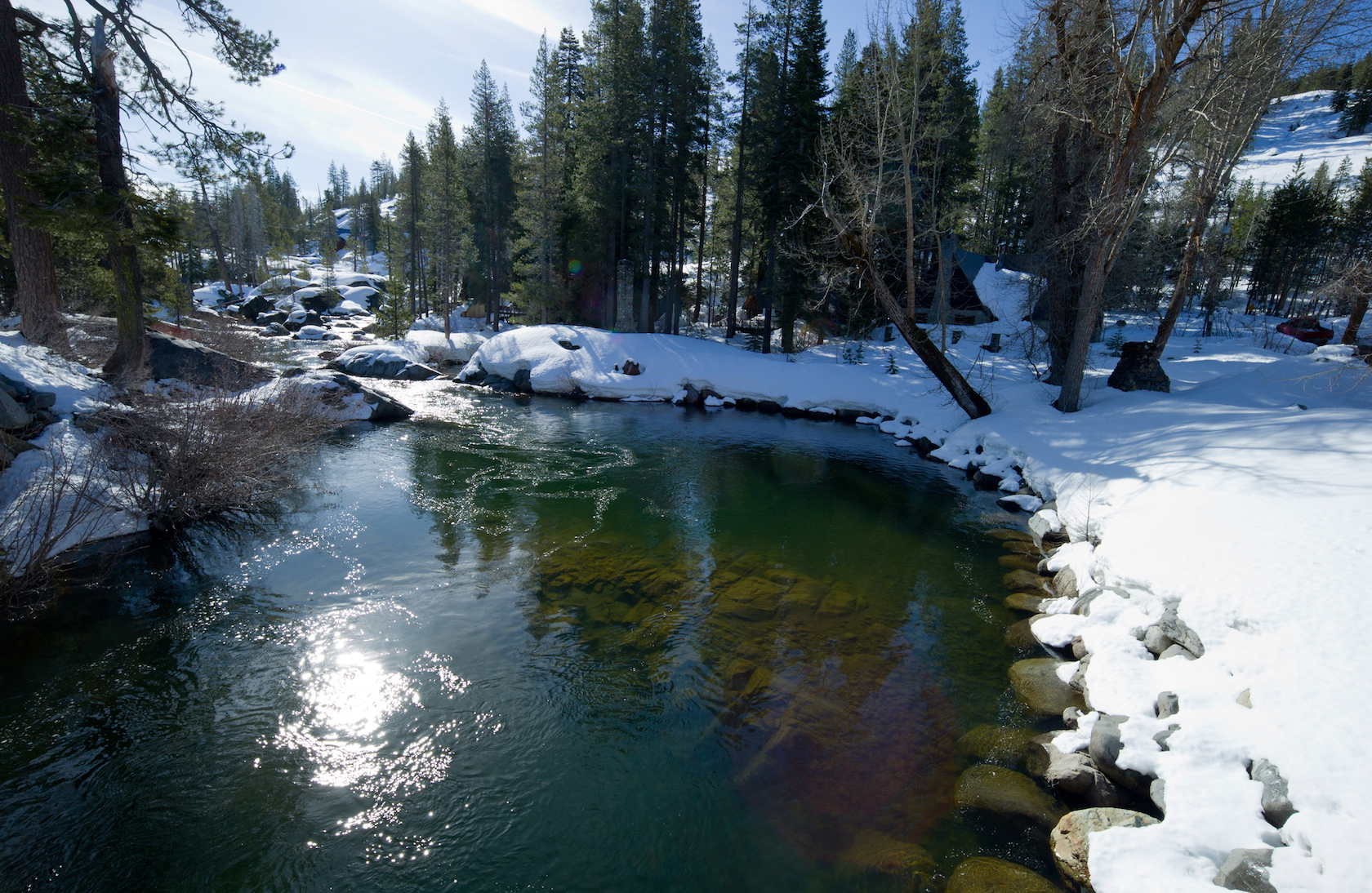
Scientists may soon be able to predict snowpack months in advance
The National Oceanic and Atmospheric Administration (NOAA) is preparing a weather prediction system that can tell how much snowpack will occur in the mountains as much as eight months in advance.
Snowpack is the high elevation reservoir of snow that melts and runs off into rivers, streams, and the local water supply.
The ability to predict snowpack would, in turn, forecast how much snow melt a city or town would get which is crucial for water managers and farmers. Water from melting snow can also help with drought and wildfire prevention.
The prediction system can even be targeted to a single mountain range so water forecasts could be regionally specific.
Long-range climate predictions are not out of the question, but they’ve typically been used to show how much snow and precipitation levels will decline in the long-term.
Now, water managers would be able to plan for city water needs based on seasonal snowfalls nearly a year ahead of time.
The prediction system is still in its experimental phases, and while accurate for much of the western United States, NOAA researchers are still having trouble with climate conditions in the Sierra Nevadas.
“Having seasonal snow forecasts would be a tremendous boon to water managers,” said Frank Gehrke, chief of the California Cooperative Snow Survey Program. “I’m not surprised prediction is running into difficulty in the Sierra Nevada, but I’m hopeful the work we’re doing now to improve data from this terrain will help improve prediction here.”
Improving snowpack predictions was made a national priority by The Weather Research and Forecasting Innovation Act of 2017, and the NOAA’s predictions systems could be monumental in implementing better resource management and reducing the risk of drought and wildfire for much of the United States.
—
By Kay Vandette, Earth.com Staff Writer
Image Credit: Dale Kolke/ California Department of Water Resources












